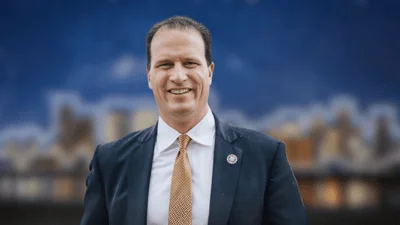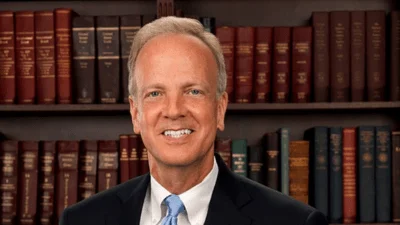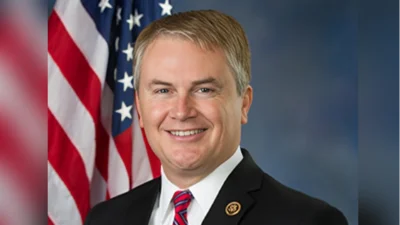Watch Now
This Committee has been wrestling with the need to reform Medicare’s physician payment system for more than a decade, but, for a variety of reasons, Congress has been unable to send a proposal to the President. We may have a rocky road ahead, but I hope this is the year we succeed. We can’t afford not to do so.
The sustainable growth rate formula is fundamentally broken. As Congress acted to over-ride the formula’s cuts, the hole has been dug deeper and deeper. Let’s be honest. No one ever expects that we’ll cut 30 percent, but the uncertainly promotes profound discomfort. It is patently unfair to ask physicians and others paid under the fee-schedule to live with the Sword of Damocles hanging over their heads.
And I understand that we can’t just repeal it and move to an unrestrained inflationary update. SGR’s threat has dampened physician spending, even if it has been with a series of dysfunctional, often last minute efforts to avert disaster. Instead, we need to replace it with a sensible policy that reflects a more modern care delivery system. We need a policy that rewards quality, not just quantity. We need a policy that incentivizes team-based, coordinated care, with a strong primary care component. We need a policy that helps promote getting the right care to the right patient at the right time. More than anything, we need provider accountability.
Let’s be clear. These are difficult objectives. They can’t be accomplished in one fell swoop. But it’s time to take steps forward to meet the challenge. We don’t have to start over; we can build on what works. We should use physician expertise to develop measures, but we must have an accountable public actor as the ultimate arbiter.
Looking at the RUC, among other things, makes it clear that we can’t afford to yield such critical decision-making to unaccountable or self-interested private organizations. There’s too much at stake. The cost is still high, but it is lower than it has been in years and the costs of inaction or more patches will be higher still over the long-run.
I am pleased that the Chairman seems to want to work together on the replacement policy. The Chairman’s outlines are a good start, but without more detail, we can’t know if there’s common ground. It’s an invitation to go to three cities in Europe - intriguing, but I’d like to know where we’re headed before I sign up for the trip.
Given the bipartisan interest in addressing this issue, I want to acknowledge that that paying for this endeavor will likely be the cause of most of our controversy and potential disagreement. It would be difficult, if not impossible, for me and many other Democrats to support a package that is financed by shifting costs to beneficiaries - especially given that there are other offsets available. This policy could be entirely financed by ending a windfall that the GOP Congress gave to Big Pharma when we enacted the Medicare Part D benefit. Again, the average Medicare beneficiary has a household income of just $22,500. The average physician income, on the other hand, is about $180,000. I won’t support a Robin-Hood-in-reverse strategy, especially when people have paid into the program for decades.
Thank you for holding this hearing. More importantly, thank you for showing an interest in pursuing a bipartisan approach to develop good public policy. The Medicare program, and the nation, will be better for it. I look forward to today’s testimony and discussion.








